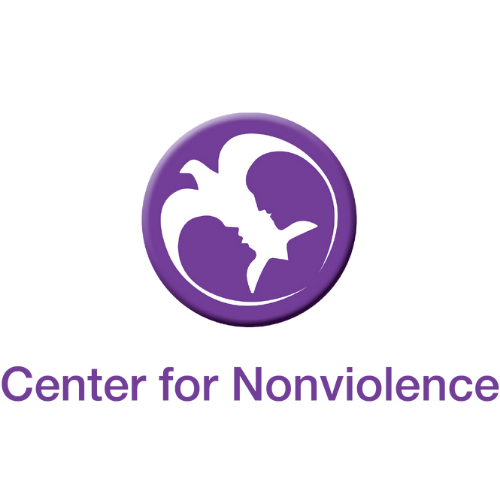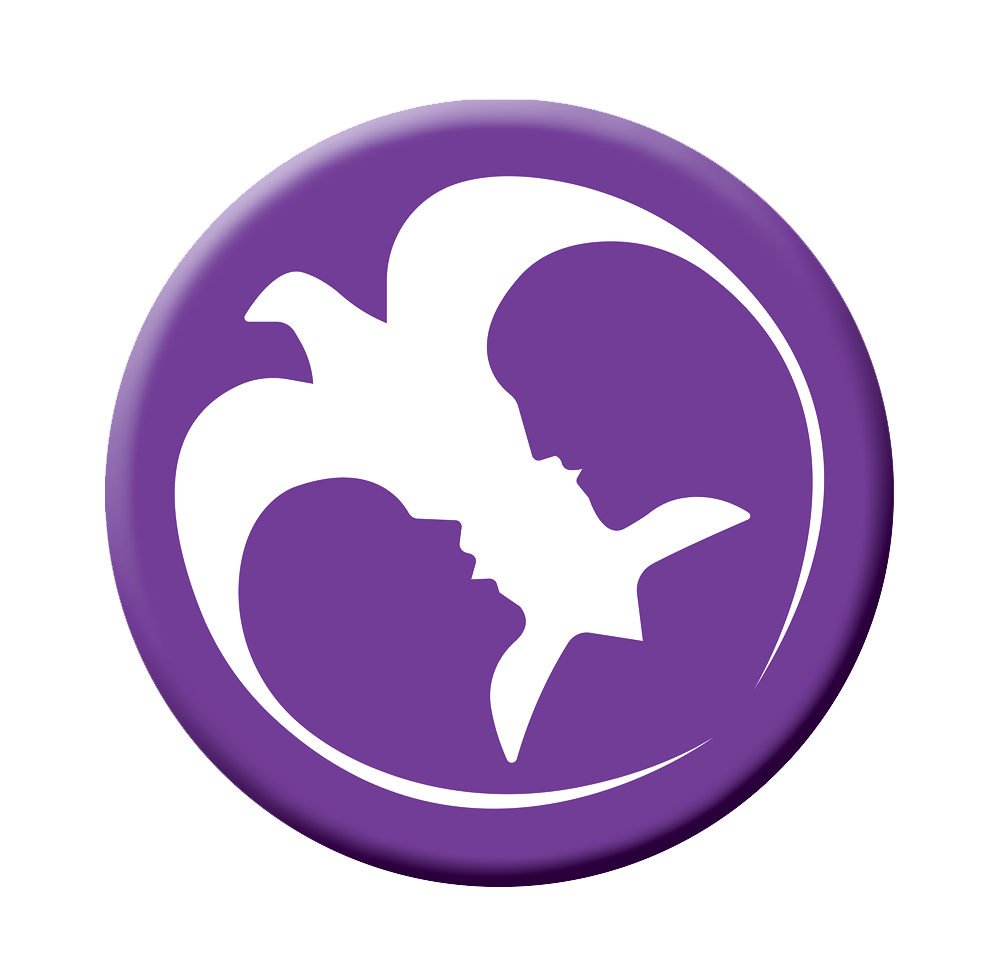Mental Health Looks Different for Everyone
May is Mental Health Awareness Month, and it's crucial to recognize that mental health conditions don't discriminate; they affect individuals from all walks of life, regardless of their background, ethnicity, or identity. Understanding that mental health manifests differently for everyone is essential in fostering empathy, awareness, and support within our communities. Let's explore the diverse nature of mental health experiences and highlight local resources tailored to specific communities.
Mental Health: A Universal Experience
Mental health conditions, ranging from anxiety to schizophrenia, impact millions worldwide. Yet, the way these conditions manifest and are experienced can vary significantly from person to person. Factors such as cultural upbringing, socioeconomic status, and personal history shape an individual's mental health journey. It's crucial to acknowledge and respect these differences especially when it comes to providing effective support and care.
Breaking Stigma Through Inclusive Language
Language plays a powerful role in shaping perceptions and attitudes toward mental health. By using inclusive language, we can break down stigmas and foster a more supportive environment. One widely embraced example of inclusive language is person-first language, which prioritizes acknowledging individuals' humanity before their diagnoses. For instance, saying "John is a person who has schizophrenia" instead of "John is a schizophrenic" emphasizes his identity as a person beyond his condition.
It's important to remember that not everyone prefers person-first language. Nevertheless, when uncertain about someone's preference, utilizing person-first language serves as a respectful choice that promotes dignity and understanding. Most importantly, if you're aware of how someone prefers to be identified, it's best to honor and respect their preferred way of expressing the parts of their identity.
Fort Wayne Mental Health Resources for Diverse Communities
Recognizing the unique needs of different communities, it's essential to provide culturally and linguistically affirming resources and sources of support. Here are some local resources:
Black Communities:
The Society of Black Mental Health Professionals is a group of local Black therapists and Black-led organizations that offer culturally responsive mental health services and support groups for Black people navigating mental health challenges. These professionals understand the impact of racial trauma on Black communities and provide a safe space for healing and growth.
Immigrant & Refugee Communities:
Amani Family Services provide multilingual counseling services and community outreach programs aimed at supporting the mental well-being of individuals and families who have immigrated here as well as refugees. From individual sessions to group educational workshops, these professionals offer holistic support in a culturally sensitive manner.
Latinx Communities:
Under the guidance of Alice Jordan-Miles, Director of Purdue Fort Wayne's Behavioral Health and Family Studies Institute, PFW is deeply invested in collaborative endeavors aimed at improving mental well-being and reducing health inequalities for underserved communities, including immigrant and Latinx communities who often face linguistic and cultural barriers when seeking services. The institute strives to foster understanding and provide culturally affirming support to the many diverse populations within our community
Queer Communities:
Fort Wayne's BRAVE Alliance specializes in LGBTQ+ affirming therapy and support services, ensuring that Queer individuals receive compassionate and understanding care. Their inclusive approach celebrates diversity and empowers individuals to embrace their authentic selves while addressing mental health concerns.
Please note while the Center for Nonviolence does not offer therapeutic sessions, we do provide trauma-informed, culturally affirming educational programs and services tailored to the specific needs of diverse communities. Leveraging our strong community ties, we stand ready to advocate for and refer individuals seeking assistance to mental health professionals upon request.
As we embark on this journey of mental health awareness, let's celebrate the diversity of experiences and identities within our communities. By fostering empathy, understanding, and inclusivity, we can create a world where everyone feels supported and valued in their mental health journey. Let's continue to amplify voices, break down barriers, and build a more compassionate society for all.




